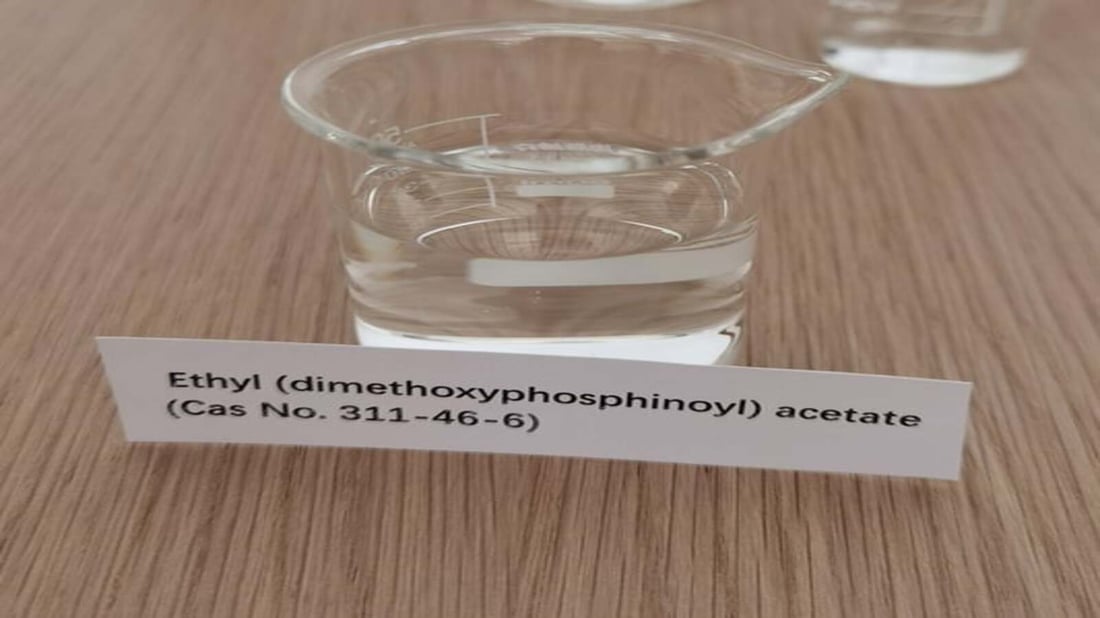Overview of Regulatory Compliance for Pharmaceutical Intermediate Export
Regulatory compliance for pharmaceutical intermediate export to the EU and US is essential for companies looking to stay within the legal boundaries of these markets. Both regions have strict guidelines and regulations in place to ensure the safety and quality of pharmaceutical products.
Understanding EU Regulations for Pharmaceutical Intermediates
The European Union has a comprehensive regulatory framework for pharmaceutical intermediates, which are substances used in the production of active pharmaceutical ingredients (APIs). Companies exporting these intermediates to the EU must adhere to regulations set forth by the European Medicines Agency (EMA) and other relevant authorities.
Meeting US Regulatory Requirements for Pharmaceutical Intermediates
In the United States, the Food and Drug Administration (FDA) oversees the regulation of pharmaceutical intermediates. Companies exporting these products to the US must comply with FDA guidelines, including Good Manufacturing Practices (GMP) and other quality standards.
Importance of Good Manufacturing Practices (GMP) Compliance
GMP compliance is a crucial aspect of regulatory compliance for pharmaceutical intermediate export to the EU and US. Ensuring that manufacturing processes meet GMP standards is essential for maintaining product quality, safety, and efficacy.
Documentation and Record-Keeping Requirements
Companies exporting pharmaceutical intermediates to the EU and US must maintain thorough documentation and records to demonstrate compliance with regulatory requirements. This includes keeping detailed records of manufacturing processes, quality control measures, and testing results.
Quality Control and Testing Protocols
Quality control and testing protocols are key components of regulatory compliance for pharmaceutical intermediate export. Companies must have robust quality control measures in place to ensure that their products meet the necessary standards for safety and efficacy.
Dealing with Adverse Events and Quality Concerns
In the event of adverse events or quality concerns related to exported pharmaceutical intermediates, companies must have procedures in place to address and report these issues promptly. This is crucial for maintaining compliance with regulatory authorities.
Supply Chain Management and Traceability
Effective supply chain management and traceability are essential for regulatory compliance in the pharmaceutical industry. Companies must be able to trace the origin of their intermediates and demonstrate that they have been produced and handled according to regulatory standards.
Ensuring Data Protection and Confidentiality
Data protection and confidentiality are important considerations for companies involved in pharmaceutical intermediate export. Companies must take measures to protect sensitive information and comply with data privacy regulations in the EU and US.
Continuous Monitoring and Adaptation to Regulatory Changes
Regulatory requirements for pharmaceutical intermediate export are subject to change, so companies must engage in continuous monitoring and adaptation to stay compliant. This includes staying informed about regulatory updates and making necessary adjustments to business practices.
Quote Inquiry
Contact us

